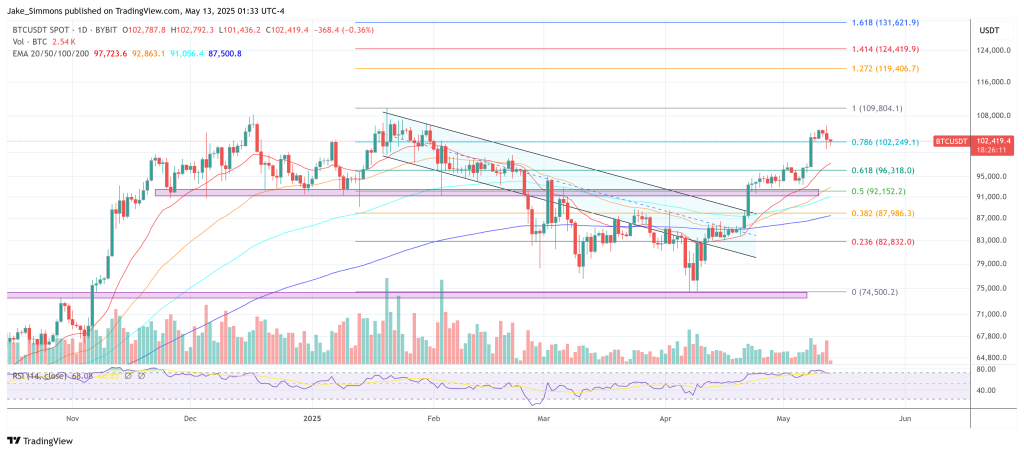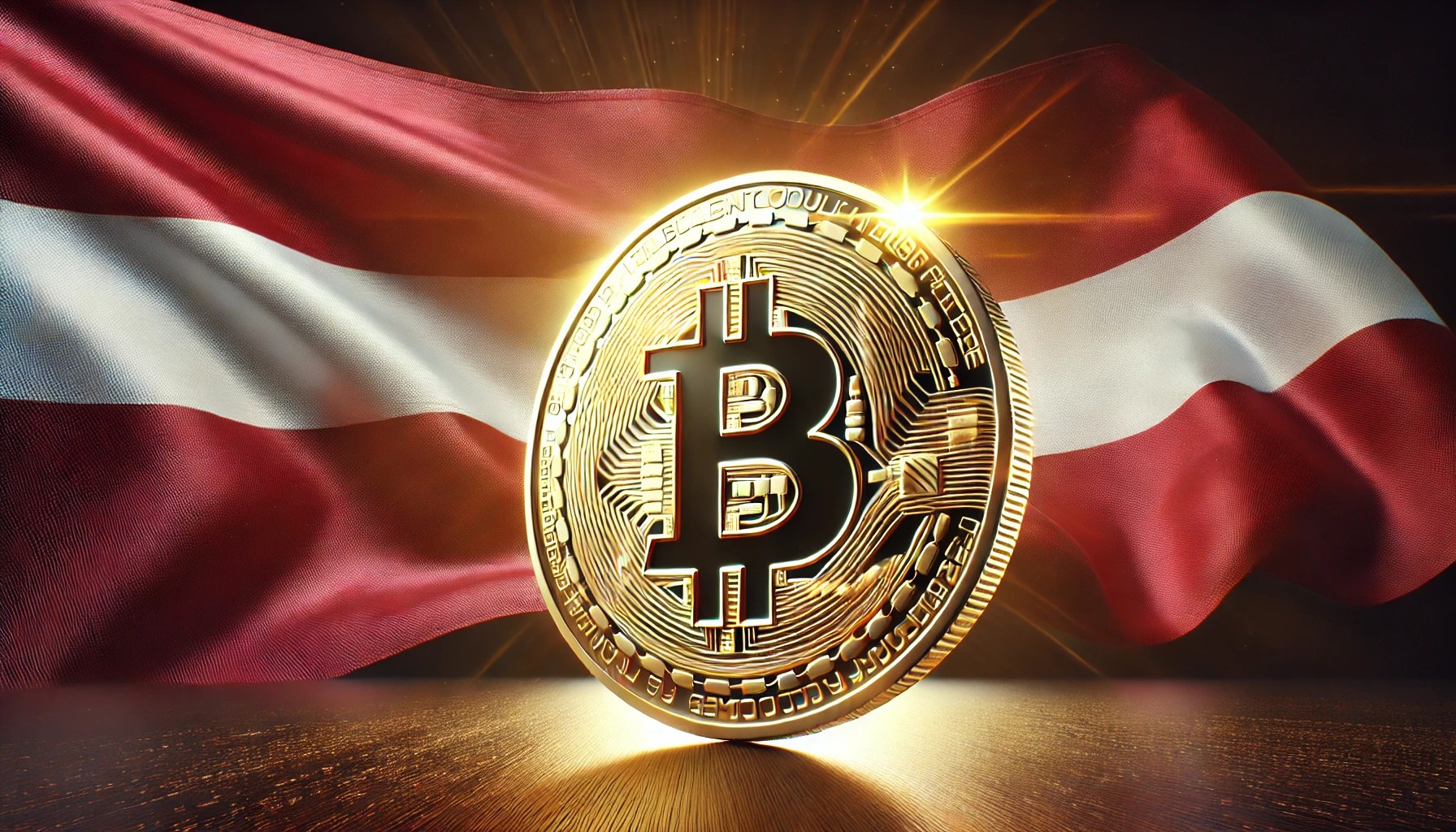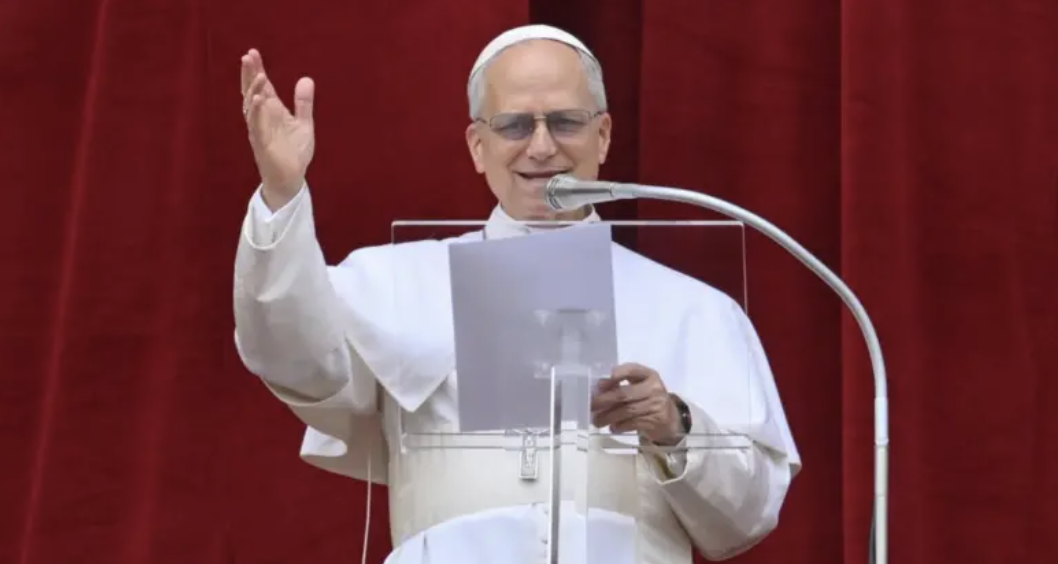
Latvia’s Minister of Economics, Viktors Valainis, is doubling-down on his forecast that the Baltic nation will soon place a portion of its sovereign balance sheet into Bitcoin. Speaking on the UN:BLOCK podcast, he insisted that “a national strategic Bitcoin reserve is only a matter of time,” adding that Latvia’s small, export-oriented economy could reap oversized gains by moving first.
“We need to think about how we can open those doors even wider, how we can show that we’re truly welcoming international companies, that they see the ecosystem here is open to crypto,” Valainis told the show. “There are people here who understand it… There’s a whole incredibly strong ecosystem, which maybe hasn’t been heard of enough, not just in Latvia, but globally.”
Will Latvia Establish A Strategic Bitcoin Reserve?
Grass-roots momentum already exists. A citizen petition on the Manabalss.lv platform asks the government to create a Bitcoin reserve, arguing that early movers “gain financially and reputationally.” Valainis backs the proposal: “When I was first asked to comment, I was very supportive. I don’t see any significant risks. It’s a way to symbolically show that you believe in this sector, that you believe in the future of everything related to Web3, and that you’re actively engaging with it.”
He even cited the United States — “I think it’s something the U.S. has just done—Trump made that decision” — as proof that large jurisdictions are formalising crypto holdings, though Washington has not yet published details of any such programme.
Valainis frames crypto openness as a competitive play. “If we allowed taxes to be paid in crypto, I think we’d instantly get global attention… Honestly, we’ve got nothing to lose. We can only gain.” Riga has already abolished the 3 percent withholding tax on crypto-asset disposals by non-residents for a three-year trial beginning 1 January 2025, a measure the minister championed to draw exchanges and custodians.
The policy sits atop the Crypto-Asset Service Law, in force since 30 June 2024, which meshes national rules with the EU’s Markets in Crypto-assets Regulation (MiCA) and designates Latvijas Banka as licensing authority. Existing providers may operate without a full MiCA licence until 30 June 2025 — a window Valainis described as “a door we can open even wider” to multinationals.
“We have a variety of regulatory and security mechanisms in place that would allow us to react promptly if something went wrong or any risks emerged,” he said. “People still drive cars even though there’s a risk of accidents. The benefits far outweigh the risks.”
The minister linked a prospective Bitcoin allocation to Latvia’s second-pillar pension system, whose assets reached €8.78 billion at end-2024, less than a tenth of it invested domestically. “That’s serious money… Most of it is already outside Latvia—invested in other economies.” Redirecting even a fraction into alternative assets such as Bitcoin, he argued, would align the fund with “major US pension funds” that are already buying crypto.
Indeed, the State of Wisconsin Investment Board lifted its Bitcoin exposure to roughly $321 million this quarter, while the Michigan State Retirement System made a $6.6 million allocation to a spot-Bitcoin ETF last summer. Valainis sees such moves as validation: “They understand there are no other options. It has to be done. And the sooner you do it… you’ll attract far greater benefits.”
Latvia’s crypto-curious posture rests on a maturing start-up scene. Last November the country’s two print-on-demand giants merged, creating a combined “mega-unicorn” valued well above $1 billion. Riga-based market-maker Gravity Team, meanwhile, says it handles about 1% of global spot-crypto volume.
“If more crypto companies emerge, the level of scientific knowledge will rise, and we’ll have much more highly qualified labour,” Valainis said, noting that the 2025 state budget earmarks “a few hundred thousand euros” for ecosystem grants.
Valainis stresses Latvia’s freedom to experiment: “It’s not like we have to protect something sacred—like the Swiss banking system with all its deep traditions… We have a chance to be among the first—to go and do it.”
Whether the Saeima turns that rhetoric into a line item in the 2026 budget — or sooner, if the petition garners 10,000 signatures and forces debate — will determine how quickly Latvia joins the small but growing club of governments treating Bitcoin as a strategic reserve asset.
At press time, Bitcoin changed hands at about $102,419, down roughly 1.3% on the day.

Featured image created with DALL.E, chart from TradingView.com

Editorial Process for bitcoinist is centered on delivering thoroughly researched, accurate, and unbiased content. We uphold strict sourcing standards, and each page undergoes diligent review by our team of top technology experts and seasoned editors. This process ensures the integrity, relevance, and value of our content for our readers.















